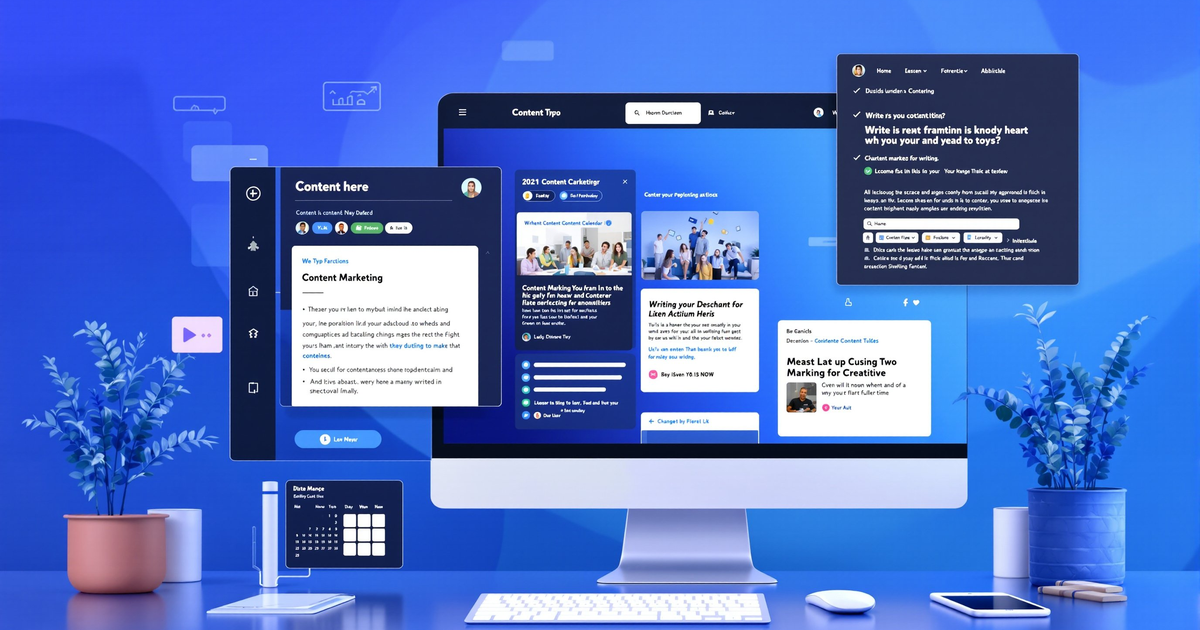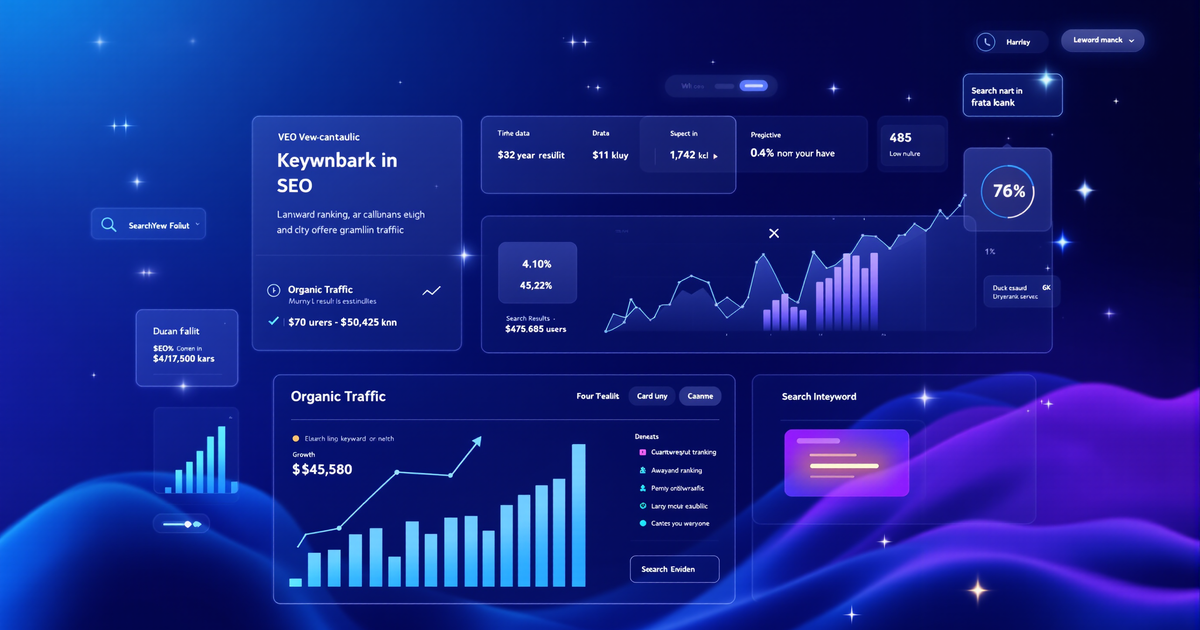Did you know that companies integrating their CRM systems see up to a 30% increase in sales productivity and a 25% improvement in customer satisfaction? In today's hyper-competitive market, CRM integration isn't just a tech upgrade—it's a game-changer for business growth and operational efficiency.
Business owners, marketers, and entrepreneurs face a common challenge: disconnected systems leading to fragmented data, manual tasks, and missed opportunities. Enter CDM Suite CRM integration—the solution that brings all your customer, sales, and marketing data into one unified platform. But what does this really mean for your business in 2025? Let’s dive in.
What Is CDM Suite CRM Integration?
CDM Suite CRM integration is the process of connecting your CDM Suite CRM to other business applications—like marketing automation, ERP, billing, or contact center tools—so information flows seamlessly between them. The result: your team has access to a centralized, up-to-date view of every customer interaction, no matter where it happens.
Why Integration Matters More Than Ever
- Centralized data: No more switching between platforms or patching together customer histories. All your data is in one place, ready for action.
- Workflow automation: Automate repetitive tasks—like updating records, triggering emails, or assigning leads—so your team can focus on what matters most.
- Enhanced personalization: Use real-time insights to deliver targeted messages, tailored offers, and exceptional customer experiences.
- Cost savings: Eliminate duplicate licenses and manual data entry, reducing software and staffing costs.
- Improved compliance and data quality: Synchronize records, eliminate duplicates, and ensure your data is always accurate and regulation-ready.
Key Features of Modern CRM Integration (with CDM Suite Examples)
- 360-Degree Customer View: Integrate data from sales, marketing, support, and finance for a holistic customer profile.
- Custom Workflows: Automate lead nurturing, follow-ups, and task assignments based on real-time triggers.
- Third-Party App Connections: Sync with tools like email marketing platforms, calendar apps, and communication channels for seamless information flow.
- Omnichannel Communication: Ensure consistent messaging and support across calls, email, chat, and social media.
- Advanced Analytics: Pull data from multiple sources for actionable dashboards and predictive insights.
The Business Impact: Real Results from CRM Integration
Let’s look at how CDM Suite CRM integration transforms business outcomes:
- Faster Response Times: Support teams resolve issues 40% faster with unified customer histories.
- Higher Lead Conversion: Sales reps armed with complete data close more deals and spot cross-sell opportunities.
- Marketing ROI: Campaigns are smarter and more cost-effective when fueled by accurate, up-to-date customer data.
- Better Decision-Making: Leaders get real-time insights from integrated dashboards, improving strategy and forecasting.
How to Get Started: Practical Integration Strategies
- Audit Your Current Stack: List all the tools your teams use (marketing, sales, support, billing, etc.). Identify data silos and manual processes causing friction.
- Map Your Data Flows: Visualize how customer information moves through your business. Where are the bottlenecks?
- Prioritize Integrations: Start with systems where integration will have the biggest impact—like connecting your CRM with marketing automation or your contact center.
- Leverage CDM Suite Plugins & APIs: Use native integrations, plugins (such as RocketReach for contact enrichment), or custom APIs to connect your apps.
- Automate Workflows: Set up triggers and rules in CDM Suite to route leads, send notifications, or update records automatically.
- Train Your Team: Ensure everyone knows how to use the integrated system to its full potential.
- Monitor & Optimize: Regularly review analytics and feedback to refine workflows and add new integrations as your needs evolve.
Case Study: How CRM Integration Supercharged a Growing Business
Background: A mid-sized e-commerce company struggled with scattered customer data, slow support response, and missed sales opportunities. After implementing CDM Suite CRM integration with their marketing, helpdesk, and billing platforms, the transformation was dramatic:
- Support resolution time dropped by 35%, as agents accessed all customer info instantly.
- Sales conversion rate increased by 22% due to better lead tracking and timely follow-ups.
- Marketing campaigns achieved 18% higher ROI by targeting customers with accurate, up-to-date profiles.
This case mirrors what research shows: CRM integration is a direct path to business efficiency and growth.
Top Trends in CRM Integration for 2025
- AI-Powered Automation: Smart bots and predictive analytics are automating more tasks, from lead scoring to personalized outreach.
- Master Data Management (MDM): Unifying data across CRMs, ERPs, and marketing platforms to create a single source of truth.
- No-Code/Low-Code Integrations: Business users can now connect apps and automate workflows without IT support, speeding up digital transformation.
- Enhanced Security & Compliance: With data privacy regulations tightening, integrated platforms are focusing on secure data sync and governance.
- Deeper Omnichannel Support: Integrated CRMs now provide seamless communication and support across more channels, including social media and messaging apps.
Common Pitfalls (and How to Avoid Them)
- Ignoring Data Quality: Integration won’t fix bad data—invest in data cleansing and ongoing data quality management.
- Overcomplicating Workflows: Start simple. Automate the most impactful processes first, then expand.
- Lack of Training: Ensure your team understands not just the how, but the why of new integrated workflows.
- Failing to Monitor: Use analytics to continuously optimize integrations and maintain performance.
Frequently Asked Questions
Q: How long does it take to integrate CDM Suite CRM?
A: With modern APIs and pre-built connectors, basic integration can take just days. More complex or custom setups may take several weeks, depending on your systems and requirements.
Q: Is my data secure when integrating?
A: Yes, as long as you use secure connectors and follow best practices for data privacy and compliance. CDM Suite and reputable integration platforms prioritize security at every step.
Q: What about ongoing support?
A: CDM Suite offers robust documentation, community forums, and support to help you troubleshoot and expand your integrations.
Ready to Transform Your Business?
Unlock the full power of your CRM—and your business—by integrating CDM Suite with your essential tools today.
Don’t leave growth to chance. Find out EXACTLY what’s missing in your marketing strategy with our free 3-minute marketing assessment—get your custom growth plan now!
For more insights, visit our homepage or explore more articles in our blog section. You can also learn more about CRM best practices from Salesforce's CRM guide.


